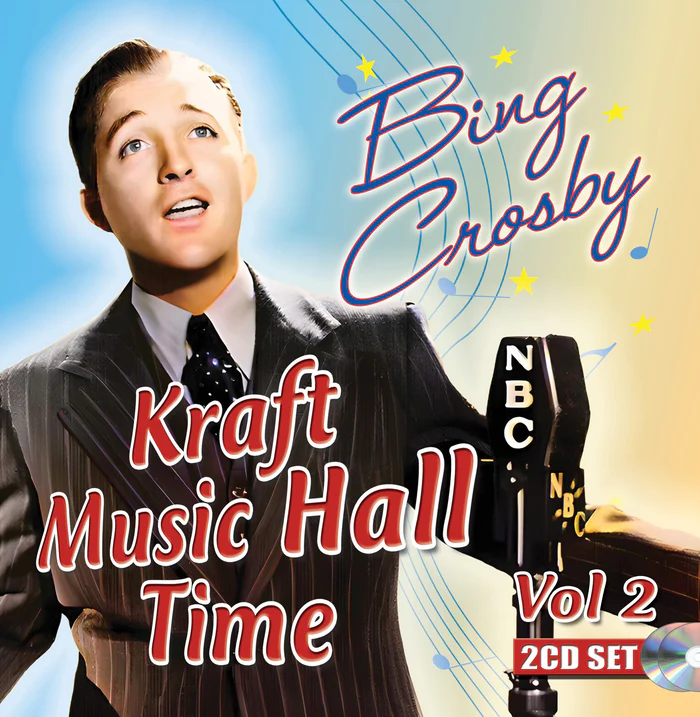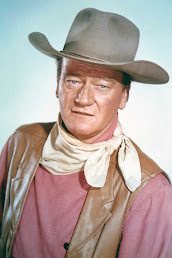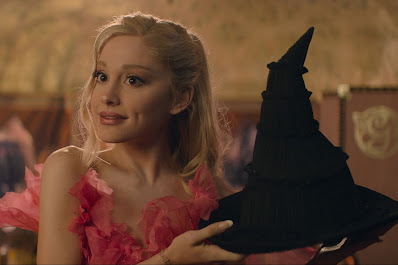Dear Santa is a horrible movie. I liked the premise but it fell short.It film directed by Bobby Farrelly, written by Ricky Blitt, Jack Black, and Peter Farrelly from a story by Ricky Blitt, Peter Farrelly, and Dan Ewen, and starring Jack Black, Keegan-Michael Key, Robert Timothy Smith, Brianne Howey, Hayes MacArthur, Austin Post, and P. J. Byrne. It tells the story of a dyslexic and meek sixth-grader who writes a Christmas list to Santa Claus to help with his problems only for his misspelling to lead to him meeting Satan who helps him out.
Liam Turner is a dyslexic and meek, but polite, sixth-grader whose parents Bill and Molly are having marital problems following the recent death of his brother Spencer and their move to another town. Adding to the problem is that Liam is too insecure to properly introduce his new friend Gibby to his parents and keeps embarassing himself over his schoolmate and crush Emma, who is the only one in his class to defend him for his disability.
To hope for things to get better, Liam writes his Christmas wishlist and mails it out, but unfortunately accidentally misspells "Santa" as "Satan". Satan receives the letter and appears the very next night in Liam's room. Though confused by his visitor's appearance and manners, Liam still believes he is Santa. Satan decides to play along and offers to grant Liam three wishes. Liam offhandedly wishes that Emma would give him a chance, and Satan appears to Liam the next day in school and encourages him to approach Emma. Despite his awkwardness, Liam succeeds in getting a date with her at a Post Malone concert, for which Satan even provides VIP tickets.
Liam later tells his mother and Gibby about his encounter with "Santa", whereupon Gibby informs him of his mistake. Liam confronts Satan and tries to get out of the deal, but Satan refuses and tries to entice him into making his two remaining wishes, with his soul as final payment. When Liam returns home, he finds his parents waiting with child psychologist Dr. Finkleman, because of their worry that Liam's "fantasies" are gradually getting out of hand. The session is interrupted by Gibby and Satan, who take Liam to the concert. With a little help from Satan, Liam is called onto the stage and amidst raving cheers dances onstage alongside Emma and Malone, followed by a cheek kiss from Emma. Gibby, who feels left out, leaves early after a girl rejects him due to his overbite.
Later at home, when Liam talks with Gibby over phone about the concert, he notices his friend's disappointment. When Satan visits him later, he uses his second wish to fix Gibby's teeth and invites him to a joint date with Emma at the local Christmas carnival. However, Bill and Molly have overheard his phone conversation, and with their worries increased, they pull Liam away from his date and bring him to Finkleman's clinic. However, their assumption that Liam has gone delusional is shattered by a nurse who visited the concert. In addition, Satan tries to make Liam use up his third wish by showing him images of Gibby and Emma apparently enjoying the carnival without him.
Back home, Liam angrily locks himself in his room, and his regretful parents begin to reconcile. Overhearing them and mistakenly believing they're about to break up for good, Liam sneaks out and visits Satan at his motel room, asking him to use his third wish to keep his parents together and in love forever. Satan agrees, but declares that he will not take Liam's soul until he has died naturally, and tells him to have "a good time" until then. With the deal closed and believing his soul is lost, Liam begins to talk back to his everyday tormentors, alienating Emma.
In Hell, Satan is revealed to be a low-ranking half-demon under trial for becoming an actual demon, which he failed. Chastised by the true lord of Hell and his master Lucifer for granting Liam two unselfish wishes, which rendered the deal for his soul invalid, he is given one hour to say his goodbyes before getting banished. Satan visits Liam and tells him about the deal's cancellation, and Liam figures out that he is a faker. Before leaving, Satan confesses how much he has come to like Liam and explains that his third wish was negated because his parents made up on their own, so he used the contents of Liam's original letter to fulfill his third and final wish.

When Christmas arrives the next day, Liam finds his brother resurrected to celebrate Christmas with his family in their new home. In a twist ending, Liam gets a call from Gibby who has convinced Emma to give Liam another chance by appealing to her sympathy and telling her about Spencer's death, causing Liam to panic on how he'll explain his brother's resurrection to her.
The movie is pretty depressing and short on laughs. There is a wasted cameo of Ben Stiller as the actual head Satan. Post Malone is actually in the film, playing himself. I agree with what this reviewer wrote...Brian Tallerico of RogerEbert.com gave the film one out of four stars and wrote, "There was a time when Jack Black reuniting with the Farrelly brothers to make a family comedy would have made a few cultural waves. This is not that time. Most people probably have no idea that Bobby Farrelly's Dear Santa has been buried on Paramount+, released on a Monday with almost no promotion at all. Why? The marketing team probably had no idea how to sell a movie that seems resolutely made for no one.
I can honestly say if you don't ever watch this movie, you will be better off. This did nothing for my Christmas spirit...
MY RATING: 1 OUT OF 10














_poster.jpg)












.jpg)
_poster.png)



















.jfif)

